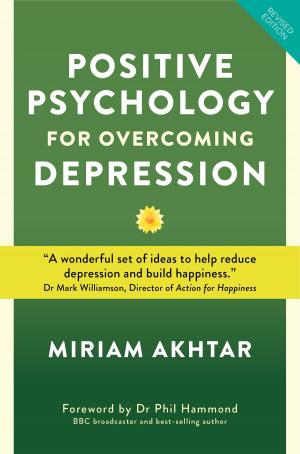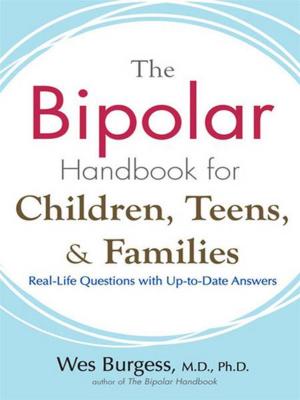The Invisible Toolbox: Coping Skills for Everyday Resilience
Nonfiction, Health & Well Being, Self Help, Self Improvement, Stress Management, Psychology, Mental Health| Author: | Michael Miello, Ph.D. | ISBN: | 9781370477852 |
| Publisher: | Michael Miello, Ph.D. | Publication: | February 3, 2017 |
| Imprint: | Smashwords Edition | Language: | English |
| Author: | Michael Miello, Ph.D. |
| ISBN: | 9781370477852 |
| Publisher: | Michael Miello, Ph.D. |
| Publication: | February 3, 2017 |
| Imprint: | Smashwords Edition |
| Language: | English |
The Invisible Toolbox is the first aid kit for your mind—an easy-to-use guide to the 22 best Coping Skills for achieving resilience in the face of depression, anxiety, anger and unwanted urges. This concise book features proven techniques based on Cognitive Behavioral Therapy and other evidence-based treatment approaches. You’ll find simple instructions for using Mindfulness, Behavioral Activation, Grounding, Deep Relaxation Training, Visualization, Gratitude Journaling, Love and Kindness Meditations, Committed Action, and many more. Instructions for Social Coping Skills will help you get the most benefit from the supportive people in your life. In the Advanced Coping Skills section you’ll learn strategies for working with unhelpful thoughts and beliefs, as well as techniques for clarifying your core values. You’ll also receive step-by-step instructions for creating your own personalized Coping Plan so that you never have to confront life’s challenges armed with the wrong tools again.
The Invisible Toolbox is the first aid kit for your mind—an easy-to-use guide to the 22 best Coping Skills for achieving resilience in the face of depression, anxiety, anger and unwanted urges. This concise book features proven techniques based on Cognitive Behavioral Therapy and other evidence-based treatment approaches. You’ll find simple instructions for using Mindfulness, Behavioral Activation, Grounding, Deep Relaxation Training, Visualization, Gratitude Journaling, Love and Kindness Meditations, Committed Action, and many more. Instructions for Social Coping Skills will help you get the most benefit from the supportive people in your life. In the Advanced Coping Skills section you’ll learn strategies for working with unhelpful thoughts and beliefs, as well as techniques for clarifying your core values. You’ll also receive step-by-step instructions for creating your own personalized Coping Plan so that you never have to confront life’s challenges armed with the wrong tools again.















